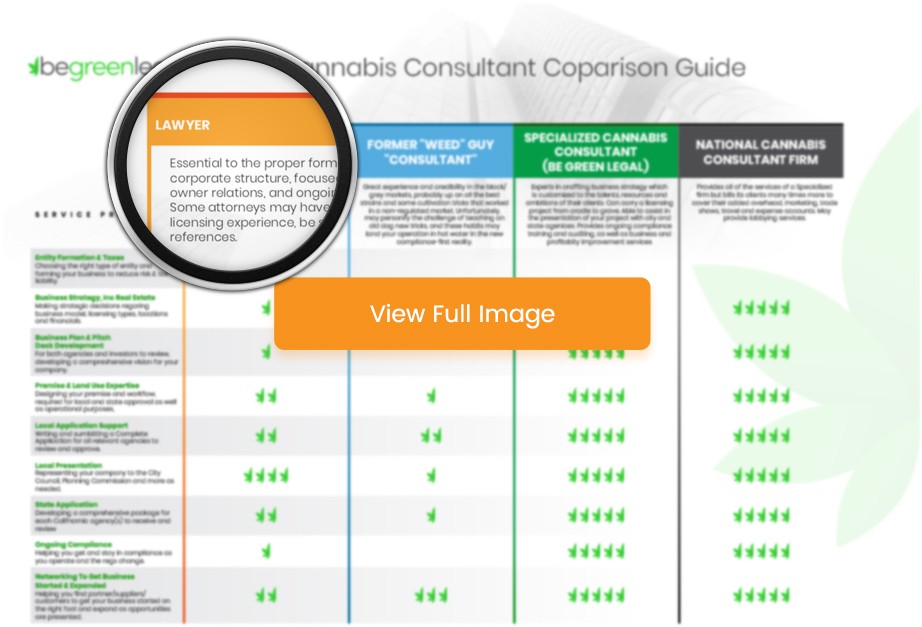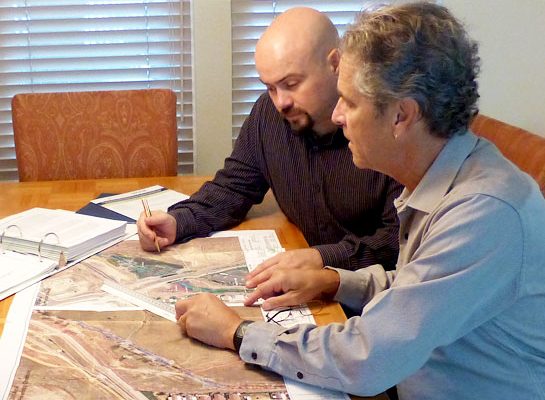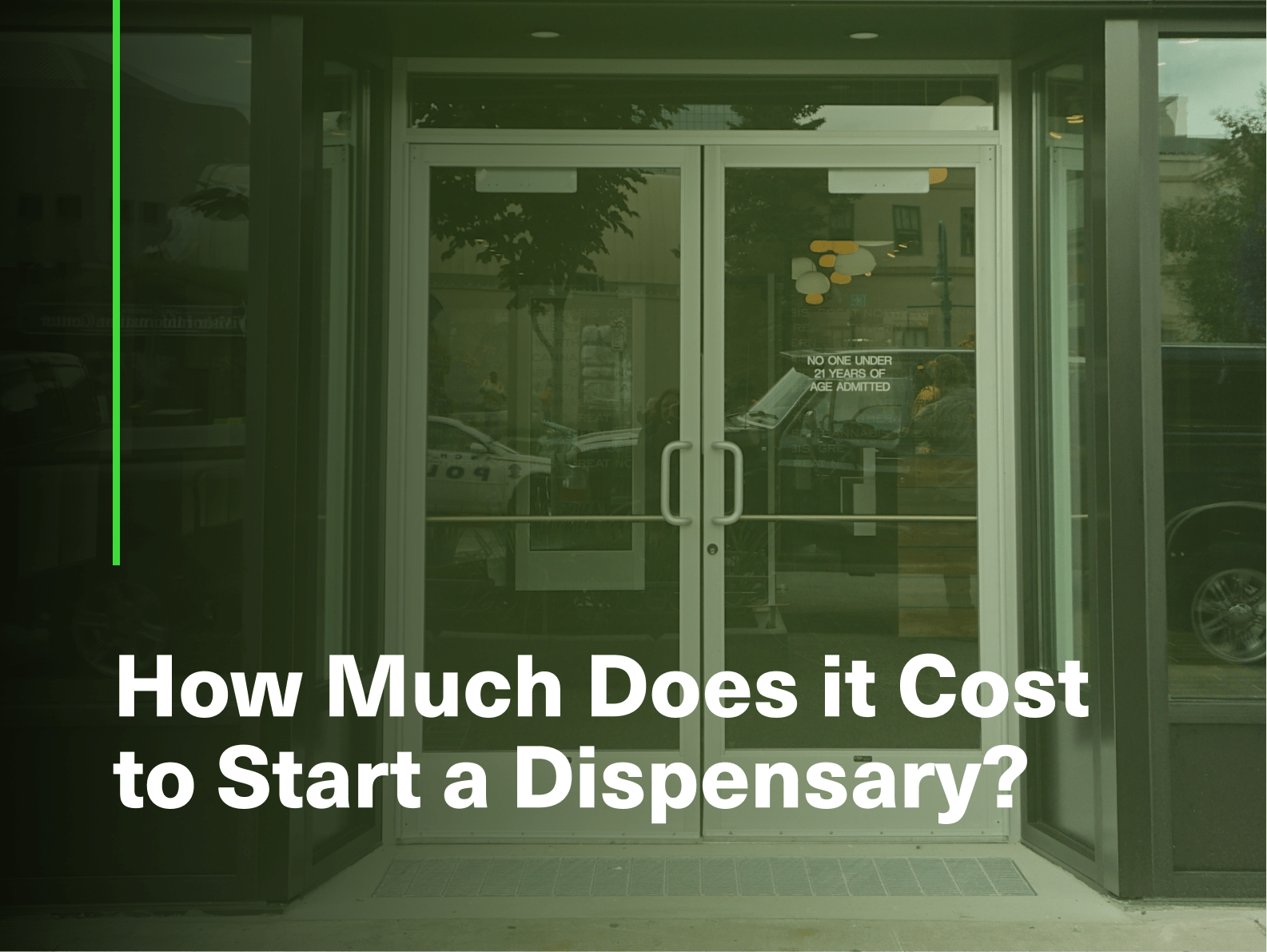Besides the proven psychological and even subconscious reasons why we all buy from people in the first place, namely that we know, like and trust them. What other ways can you know which cannabis business consultant is right for you? Let’s explore.
No Definition, License or Degree.
The first challenge to finding the right cannabis consultant is that there really isn’t a uniform definition of a “cannabis consultant” the way there is for say a Chiropractor or Landscape Architect. Many of the professionals that you may encounter googling or networking in search of a cannabis consultant have developed expertise in a cannabis version of their normal occupation as say a lawyer, land use engineer, accountant or security professional. While others simply have grown or sold marijuana for years and decided to call themselves an expert.
Who is best for you really starts with what you are looking to accomplish in the cannabis industry.
For the purposes of this discussion, we are going to define cannabis business consultants as advisors who helps (1) entrepreneurs looking to enter the cannabis industry, or (2) companies in pursuit of permits and licenses from local and state agencies. We are choosing to exclude post-licensing experts as they would most certainly have to have an area of expertise such as HR or compliance.
INSIDER TIP: There is no singular person or firm that will be sufficiently experienced or licensed to get your cannabis business open without the help of other professionals, so by default, you will need a team to cross the goal line. Be on the hunt for the coach and star player(s) that will be the foundation of your efforts
Key Questions Before You Start
Answer these three questions before you hire a cannabis business consultant:
1) Are you just starting to evaluate the possibility of starting or investing in a start up in the cannabis industry and need to understand the basics including your expected ROI?
2) Do you already own or have a lease (or an option) on property where the local government has “Green-zoned” cannabis business activity?
3) How much are you able and willing to project manage your licensing process yourself or do you need someone to quarterback your efforts?
Once we know where you stand on these key issues, a game plan is within our reach.
Project Management is a Must
A properly documented cannabis application package is typically well over 250 pages in length and includes the work of up to eight different professionals to be considered impressive enough to win any merit based scoring competition. To get all these service providers rowing in sync is no easy task and to make one document appear seamlessly prepared and comprehensive enough for an elected official to stick their neck out for you takes time and talent. If this is not your cup of tea, be sure to select and declare who the leader of your project is so that all the related parties know who to turn to for direction and deadlines.
Many experienced business people have great confidence in their own management and leadership experience, but don’t let past success blind you to the complexity and idiosyncrasies of the cannabis licensing process and the continued compliance needs of your organization. To accommodate so many different sets of laws and public needs, this industry does not always operate as logically as most.
Your Line Up of Professionals
To make your dream of owning and operating a licensed cannabis business a reality, you must understand the process of licensing. With this education in hand, the list of professionals from which you’ll require assistance become clear. You will likely need the help of each of these professional services to launch your operation, unless some of the lifting has already been done for you.
1) Lobbyist – informing local leadership, creating opportunities for cannabis entrepreneurs – SKIP if you’ve already been approved in your community to your liking
2) Cannabis Business Strategist – overview of opportunity & licensing procedure, identification of best opportunity(s) by segment and real estate, selection of license type(s), market analysis, business plan, investor deck prep, location selection and team building
3) Real Estate Broker – lease or purchase building or land – SKIP if you already own or are leasing a space
4) Land Use Engineer – zoning & plan review, city planning interaction, application
development, CUP process management, presentations to local leadership
5) Corporate & Tax Lawyer(s) – entity formation, tax advice & planning
6) Architect – conceptual premise design, final plans, permitting
7) Design/Build – site renderings, creation and construction of the finished space
8) Security – physical security planning, equipment, installation
9) HR – employment practices, training, compliance
10) Writers – application narratives, story telling
11) Graphic Artist – logo, packaging, web and digital marketing
And the most important skill/person….
12) Project Manager – selecting/managing the team, correspondence among team members as well as local and state officials from multiple agencies and departments, creating, filing & following up on the applications. Well run firms feature talented project managers on their team.
With this long of a list, it’s apparent that no one person or firm is designed to fill each of these roles, as they all require enormous amounts of training, education, potentially licenses and of course, real world experience, hopefully in the cannabis space. Some firms, like ours, will offer a number of these services under one banner with their own employees and network of trusted partners. You may also be eligible for some shortcuts, if for example, you own a property that your city or county has already authorized for cannabis – you are one of the lucky ones and can skip steps 2 and 3 at a minimum.
Too Many Cooks Spoils the Broth
Your cannabis business will in many ways resemble a restaurant, especially a true farm-to-table vertically integrated operation. But the old saying about too many cooks spoiling the broth should ring true as a warning as you assemble the team that will birth your cannabis business and help you raise it over the years. Be sure you oversee how your money is spent and you deputize one clear voice to lead your charge, at least in each area such as the licensing process, premise planning, etc…
Be sure each member of the team knows their role and that you have control over the process, even if you have delegated substantial amounts of responsibility throughout your team based on expertise.
AVOID AT ALL COST!!
It has come to my attention on a number of occasions, that some people calling themselves cannabis business consultants are making one of two outrageous offers to unsuspecting prospects.
The first goes something like this, “Give me $200,000 and I will get you a license.” While the other pretends that a cannabis business can be easily bought and sold like a restaurant or piece of commercial property off a listing or brochure. Neither could be farther from the truth, but at least the second could be worked out under the right conditions.
The idea that a business that requires approvals from multiple layers of city or county governments covering a broad and sensitive range of economic, political and technical factors could be readily purchased through some back channel should (and does) raise hundreds of bright red flags, but the mere offering of this type of transaction should give you insight into the ethics and character of the offeror. The best any true professional can reasonably promise in the licensing process is to do their very best to accomplish the goal as you have mutually defined it.
Buying a license is an idea that is not uncommon at all and in fact there are people acting as “brokers” of licenses operating today. We read about entities being purchased and mergers almost everyday it seems. But be warned, your new ownership will most likely open up many of the same, or even more, permission processes the seller had to navigate for your transaction to be consummated. In fact, a transfer of ownership may trigger some unintended and potentially costly consequences. Your operation may lose some “grandfather” status and give the local leaders another bite at the economic apple in the form of fees, site improvements, a community benefits agreement, or other concessions to get their approval. In some drastic circumstances, you may find your application out of favor politically and your spot filled by another applicant.
Start at the Beginning, but With the End in Mind.
Whether you have a real estate head start or not, you still need tons of professional help and a rock solid plan that can be executed at near perfect levels to have a chance at success in the cannabis space. The industry goes through changes very rapidly, and there is a lot of uncertainty surrounding it. You need to identify your final destination and trust the people you’re working with know how to get you there. Be sure that an exit strategy is also part of your planning at all times.
Be sure you completely understand why you are pursuing the license(s), the process you will have to endure, and what will be required of you financially, personally and professionally to achieve your goals.
BeGreenLegal is here to help you navigate these turbulent waters as we sail towards paradise.
DEEP DIVE BY PROFESSION
Cannabis consultants come in many flavors and from many different backgrounds. Most of us offer a great deal of value, especially to someone new to the industry. But beware! They (we) are not all alike and there are some real trap doors out there to avoid. The reputable versions of cannabis business consultants come from these few groups of professionals:
Lawyers
Lawyers are the most common resource for cannabis entrepreneurs for obvious reasons. Changes in the law for cannabis is what has started this whole adventure and many lawyers, mostly from a criminal and civil liberties perspective, played a huge role in this movement. Additionally, the application and the licensing process just seems to have a legal flavor to it.
But cannabis law comes in so many shades of green, no lawyer should be expected to be an expert in all the facets of cannabis. The lawyers you have as a part of your team should be most experienced in and focused on corporate formation, taxation, land use, and local permitting processes. The criminality aspect of cannabis is the least desirable for the commercial and licensing phase the industry has entered.
Land Use Experts & Engineers
Especially if you are entertaining cultivation outdoors or in greenhouses, the star of your team will be land use experts who have been working in traditional land development for years and have recently become experts in licensed cannabis cultivation. As 90% of your project would be the same if you were growing green beans, these pros know the drill and that it’s complicated.
But don’t underestimate the importance of the land use genre for other, not as land intensive, operations. The zoning, permitting and entitlement process is where the cities and counties flex their muscles to control how (and if) cannabis will be a part of the commerce in their community. And your team needs to speak this language fluently.
Cannabis Business Experts
The “weed biz” is like no business on Earth today. While amazingly medicinal and helpful to millions of Americans, parts of commercial cannabis are comparable to the wine or craft beer supply chain. However, it is regulated more like casinos and often treated like adult entertainment in terms of zoning and politics.
If getting the right to enter this business wasn’t hard enough, to turn a profit you’ll need to find enough margin to cover a crushing array of taxes, fees and IRS complications. All while competing against illicit operators selling what some would consider the same product without any of the overhead.
Of course, there is a way to successfully compete, but it’s not easy and you’ll need lots of help.
Growers
Often the most charismatic and appealing to someone chasing the Green Rush, “growers” are those folks who have been cultivating cannabis in some manner over the years. Some have run farms, won awards, and have developed a reputation for quality products. Others have been growing in a home, garage or some other clandestine operation.
If you are going to cultivate cannabis legally and in compliance with the state testing laws, neither of these backgrounds will be enough for you to build a sustainable business. However, their knowledge and expertise with the plant is required as an input to your program. To be successful at the scale that the evolved legal cannabis market will operate, traditional agricultural expertise will be far more relevant than mastery of strains and terpenes.
Past Operators
For many of the pioneers of the quasi-legal cannabis economy, consulting has been a great next move. They speak the language, know “the market”, and seem very credible to investors looking for expertise. However, the new, legal cannabis economy is a far cry from what many of them have known for a long list of reasons. The main ones are the licensing processes at both the local and state levels. Along with the compliance and regulation requirements as they relate to locations, marketing, testing, product manufacturing, distribution and more, the effect of the new tax burden on their consumers. (Which may drive many of them to the black market.) And finally the professionalism of business related to normal items like HR, finance and the like.
Quite bluntly, the market that they know will have very little resemblance to what your investment will help to create and some of their habits may put your license in jeopardy or at the very least, prove very expensive and time consuming to relearn than they are worth.














